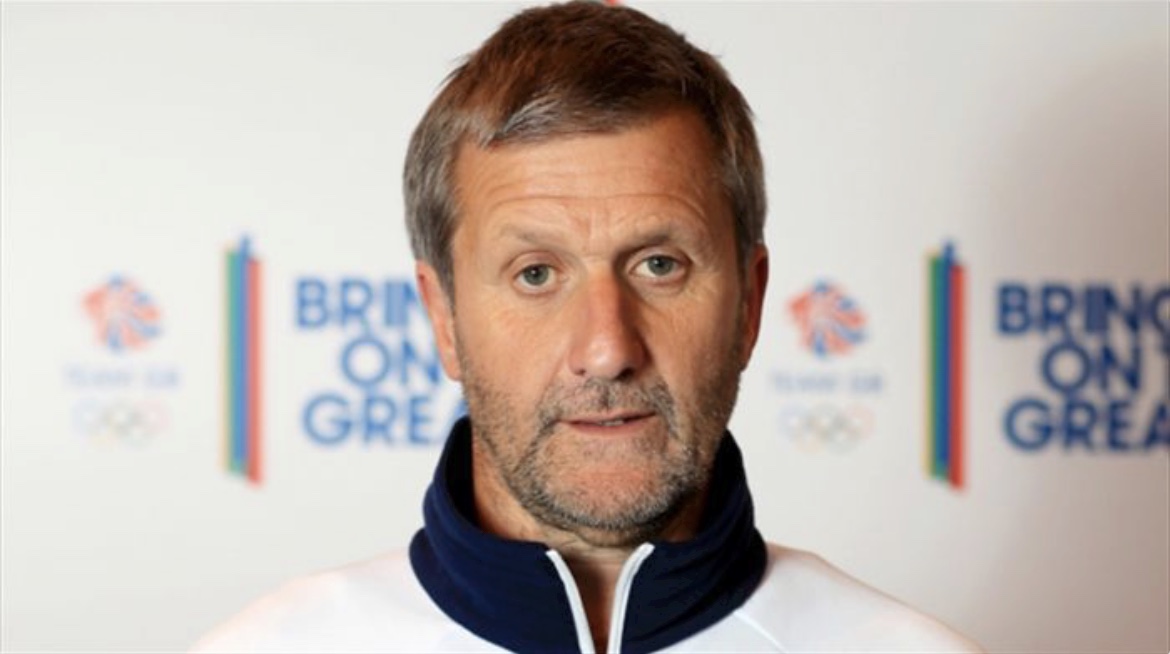

Team Sky’s former doctor, Dr Richard Freeman will not appear for a much-anticipated hearing before the British Parliament’s committee on culture, media and sport select tomorrow, citing illness as the reason.
Freeman, who still works for British Cycling, emailed the committee’s chairman today to confirm he was too ill to attend the committee’s session on ‘Combating Doping in Sport’.
Freeman was expected to face tough questions from the panel about a mystery package that was delivered to the end of the Criterium du Dauphiné race in France in 2011, a race won by Team Sky’s former star rider Sir Bradley Wiggins.
The hearing has already been postponed one week after UK Anti-Doping (UKAD) chief executive, Nicole Sapstead, asked for more time because of a development in the agency’s five-month investigation into what it has described as “allegations of wrongdoing”.
The former British Cycling coach Simon Cope, the man who couriered the package is still scheduled to open the hearing, with Sapstead appearing last.
A spokesperson for the committee said it will offer Freeman “the option of supplying written evidence and may call him to appear when he’s well enough”.
UKAD opened its investigation into what was in that package in October and in December the Team Sky principal, Sir Dave Brailsford, informed the CMS committee he had been told by Freeman the package, a Jiffy bag, contained Fluimucil.
The widely available over-the-counter decongestant is not banned by the World Anti-Doping Agency, and former Team Sky coach Shane Sutton, appearing before Brailsford, told members of Parliament, that Wiggins needed the drug because he was struggling with his breathing. Brailsford said Freeman told him he had administered the drug via a nebuliser.
Press Association Sport understands, however, that Freeman would have been quizzed about this, as several sources have suggested it has often been administered – usually in combination with amino acids and vitamins – to endurance athletes intravenously to aid recovery.
Taking medicine in this fashion is allowed under WADA rules out of competition, providing the athlete does not take more than 50 milliliters every six hours.
However, it is not allowed in competition, and Wiggins would have been considered “in competition” until midnight that day. The International Cycling Union (UCI) was the first major sports federation to bring in a “no needles” policy for races one month before the 2011 Dauphiné.
The committee is also interested in knowing more about how medicines are ordered, stored and shipped by British Cycling and Team Sky, as Brailsford and the British Cycling president, Bob Howden, promised the committee back in December “documentary evidence” would be provided to prove the package contained Fluimucil.
Press Association Sport believes there are documents that show Freeman and other doctors ordered the drug and stored it at the National Cycling Centre, but there is no paperwork that definitively proves Fluimucil was in the package.
Although the UCI has already provided evidence related to Cope’s travel expenses, which detail his journey from London to Manchester to London to Geneva to La Toussuire and straight back to London.
Cope, who now runs Wiggins’ eponymous professional road cycling TEAM WIGGINS, has repeatedly said he never knew what was in the package, as he had delivered items to colleagues before and had no reason to question what was in it.
But he will face questions about whether this trip was planned and he was simply asked to deliver something as he was going anyway, or if the delivery was the sole purpose of the trip. He was officially a coach of the British women’s team at the time and not an employee of Team Sky.
For her part, Sapstead is likely to face some uncomfortable questions about how Ukad has conducted its investigation. Contrary to its usual policy, the agency promised it would make a statement once its investigation was complete, even if there was no anti-doping rule violation, and then in January its outgoing chairman David Kenworthy told the BBC that Brailsford’s testimony in December was “very disappointing” and “extraordinary”.
Brailsford, who has denied any wrongdoing, reacted angrily to those comments and his views about Kenworthy’s commentary being unhelpful are shared by many at British Cycling.
But Kenworthy’s remarks were backed by another CMS committee witness last month – the former Olympic and world champion Nicole Cooke.
For his part, Wiggins has said very little, apart from a few barbed references to the Daily Mail during his brief appearance on Channel 4’s winter sports-based show The Jump.
But Britain’s most decorated Olympian was already under intense scrutiny after it had emerged in September he had been given three therapeutic use exemptions (TUEs) to take a powerful corticosteroid on the eve of his biggest races in 2011, 2012 and 2013.
TUEs are doctor’s notes which allow athletes to take medicines that would otherwise be banned for their performance-enhancing effects.
British Cycling, Team Sky and Wiggins have said his TUEs for triamcinolone were legitimately granted to alleviate a documented pollen allergy and all three parties have denied any wrongdoing throughout.
Sapstead can expect some questions on the possible abuse of TUEs by athletes, as well as more general inquiries about the agency’s work. She is expected to restate the agency’s long-held position that it could do a lot more if it had more resources – it only has one full-time investigator – and additional powers to investigate.



